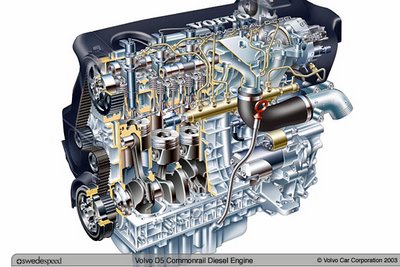
You've felt it. You know the power of 404. You're surfing one night, you've got your new modem, your fast Mac, your ergonomic mouse, your precise mousing surface. Bring it on. You've got 7 windows open at a time, and you flip through them like dealing cards. You could tile them on the screen, like a little website mosaic, but you choose to keep them stacked on each other, so that each flip is a new adventure. Then suddenly, it screeches to a halt: 404. You don't want to believe it; that site was there last week! You reload, hoping it was a fluke. How could your painstakingly-compiled bookmarks betray you? 404 glares back at you, challenging you to contact the referring page's administrator. Questioning your spelling skills. What does 404 want from you?
Relax! 404 is your friend. It just wants to help you get where you want to go. It might intimidate you at first, with its stark white background and unadorned black text. But just think about it for a minute: 404 is baring its soul for you. It gives you its message and asks nothing in return. No login and password, no banner ads, no mailing list to keep you informed of future updates. All 404 has, it offers to you, knowing the likelihood that you will scorn it nonetheless, and leave as quickly as you came in. And 404 will continue to do so for every visitor, regardless of color, religion, or gender. 404 is nothing if not fair.
But why leave 404 so quickly? Why not stay a while and have a drink? 404 is an oasis on the web. It's like a rest stop with clean bathrooms on the interstate. 404 doesn't ask you to 'Click Here' or 'Visit our Sponsor'. It's perfectly satisfied if you just sit there and do nothing. 404 doesn't care how many visitors it's had since 8/1/96, and it's not tracking your click-through rate. So consider just hanging out for a while and relaxing. 404 is easy to get along with.
404 is full of intrigue. What did it used to be? What internet delight has escaped you? Will it return? 404 will never tell. Its mystery drives you to return again and again. Where there is 404, there is always the potential for something new. 404 is the eternal ebb and flow of life. One day you will return and 404 will be gone, replaced by a new page about South Park or the webmaster's cats. And it will be filled with the bittersweet memory of 404. You will be driven to seek out 404 in other places. Your desire for 404 will start to overshadow your career, your loved ones, even your passion for role-playing video games. 404 draws you deeper and deeper into its vortex. You must admit that you are powerless before it. 404 is not evil, it is a natural force that defies control. 404 is wild and free.
404 believes in your abilities. It doesn't try to lose you in a crazy series of redirects, it challenges your problem-solving skills. It asks, "Now that you're here, what are you going to do?" 404 willingly hands you the reins. Have you ever just closed a window on 404? No! You've considered your options, exercised your reasoning skills, and firmly chosen a course of action to deal with your situation. When you successfully navigate 404, you feel the blood coursing in your veins, the wind in your hair, and it's good to be alive. 404 is life-affirming. When you find 404, you know that even though the thing you were looking for no longer exists, there is still 404, stepping in to fill the void.
Where there was darkness, there is now 404. And all is right with the world.



